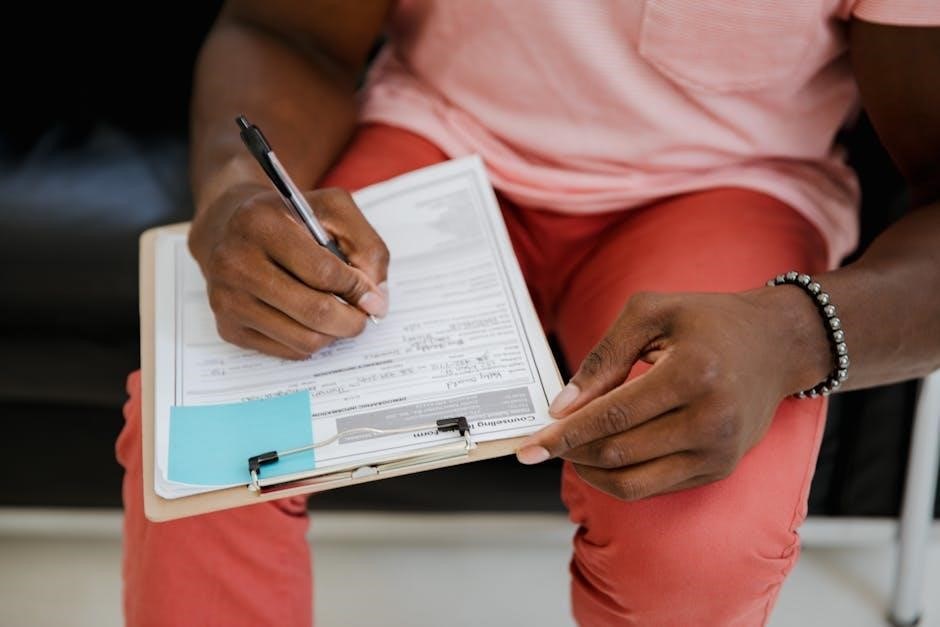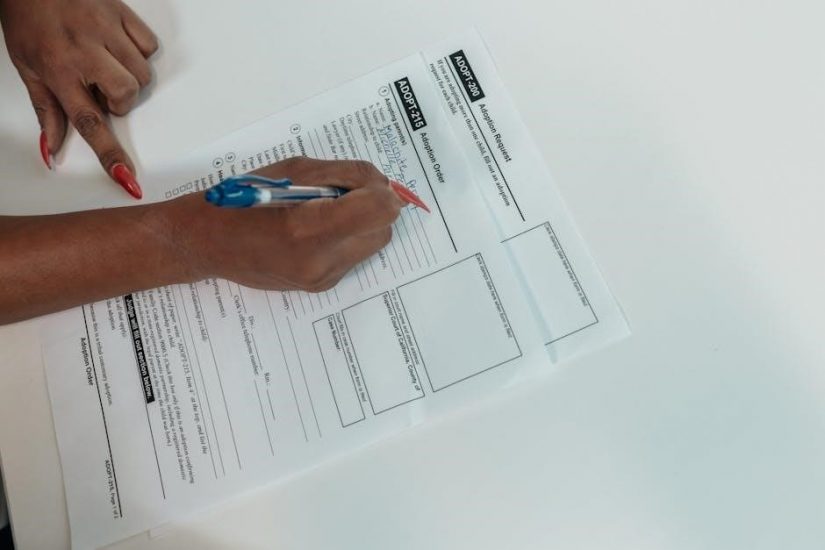Philippine dual citizenship offers individuals the chance to reconnect with their heritage while enjoying benefits like visa-free travel and investment opportunities in the Philippines.
Overview of Dual Citizenship
Dual citizenship allows individuals to hold citizenship of two countries, granting rights and responsibilities in both. For Filipinos, it enables retention of Philippine citizenship while acquiring another, maintaining cultural ties and legal rights. The Philippines permits dual citizenship under Republic Act 9225, recognizing the benefits of global mobility and investment opportunities. It also allows individuals to reconnect with their heritage while benefiting from enhanced travel and residency options worldwide.
Benefits of Philippine Dual Citizenship
Philippine dual citizenship offers numerous advantages, including visa-free travel to the Philippines, investment opportunities, and the right to own property. Dual citizens can work and reside in both the Philippines and their other country of citizenship without restrictions. They also gain voting rights in Philippine elections and access to government services and social programs. Additionally, dual citizenship fosters a stronger connection to Filipino heritage while providing enhanced legal and economic benefits, making it a valuable status for individuals with ties to the Philippines.
Eligibility Criteria for Dual Citizenship
Philippine dual citizenship is open to former Filipino citizens, individuals with Filipino parents, or natural-born citizens who lost their citizenship through foreign naturalization or other means.
Who Can Apply for Philippine Dual Citizenship?
Eligibility for Philippine dual citizenship includes former Filipino citizens, individuals born to Filipino parents, and natural-born citizens who lost their citizenship due to foreign naturalization. Applicants must meet specific legal requirements, such as completing the necessary oath and registration processes; The application is typically straightforward for those with direct Filipino lineage or prior citizenship, ensuring a pathway to reconnect with their heritage while maintaining their current nationality. Proper documentation and adherence to legal procedures are essential for a successful application.
Required Documents for Eligibility
Applicants must submit a completed application form, valid passport, birth certificate, marriage certificate (if applicable), and proof of Philippine citizenship renunciation. Additional documents may include a Certificate of Naturalization and a valid UK visa. All documents must be original or certified copies, with translations if necessary. The Philippine Embassy or Consulate in the UK may require further authentication. Ensuring all paperwork is accurate and complete is crucial for a smooth application process.

Application Process in the UK
The application process involves submitting the completed dual citizenship form, supporting documents, and attending an interview at the Philippine Embassy or Consulate in the UK.
Step-by-Step Guide to Applying
Obtain and complete the Philippine dual citizenship application form.
Gather required documents, including your Philippine birth certificate and UK passport.
Submit the form and documents to the Philippine Embassy or Consulate in the UK.
Attend an interview and take the oath of allegiance.
Receive your Certificate of Dual Citizenship and enjoy the benefits.
Submission Methods and Requirements
The application form and supporting documents must be submitted to the Philippine Embassy or Consulate in the UK.
Applicants can submit in person or via post, with a pre-booked appointment recommended.
Online submissions are also accepted through the embassy’s official portal.
Ensure all documents are certified and translated if necessary.
Processing typically begins after successful submission and verification of requirements.

Required Documents for Application
Key documents include a valid Philippine passport, birth certificate, marriage certificate (if applicable), proof of UK residency, and a fully completed application form.

Personal Documents (Passport, Birth Certificate, etc.)
Applicants must submit a valid Philippine passport, birth certificate (NSO or PSA authenticated), marriage certificate (if married), and proof of UK residency. Additional documents may include a Certificate of Citizenship and a notarized affidavit of intent to retain Philippine citizenship. All foreign documents must be translated into English and certified by the relevant authorities. Ensure all paperwork is up-to-date and valid to avoid processing delays. Proper documentation is crucial for a smooth application process.

Additional Requirements for UK Residents
UK residents applying for Philippine dual citizenship must provide a Certificate of Legal Capacity to Contract Marriage (if married) and a Residence Visa or valid UK visa. Police clearance from the UK and an NBI clearance (for Filipinos with a criminal record) may also be required. Proof of address in the UK, such as a utility bill, must accompany the application. These documents ensure compliance with both Philippine and UK legal standards, facilitating a seamless application process.
Application Fees and Payments
The Philippine dual citizenship application fee is approximately £50, payable via bank draft or postal order. Additional costs may apply for document authentication and processing.
Fees Associated with Dual Citizenship Application
The Philippine dual citizenship application typically requires a fee of £50, payable via bank draft or postal order. Additional charges may apply for document authentication, medical certificates, and courier services. Fees are non-refundable, even if the application is rejected. It is essential to verify the current fee structure with the Philippine Embassy or Consulate in the UK before submitting your application to ensure accurate payment processing.
Payment Methods Accepted in the UK
Payment for Philippine dual citizenship applications in the UK can be made via bank draft or postal order in GBP. Credit or debit card payments may also be accepted, depending on the embassy’s current policies. It is advisable to confirm acceptable payment methods with the Philippine Embassy or Consulate in the UK prior to submission to avoid delays. Ensure all payments are made in the correct currency and format to facilitate smooth processing of your application.

Processing Time and Follow-Up
Processing times for Philippine dual citizenship applications in the UK typically range from 6 to 12 months. Applicants can follow up via phone, email, or the embassy’s website.
Expected Timeline for Application Processing
The processing timeline for Philippine dual citizenship applications in the UK typically ranges from 6 to 12 months. Factors such as application complexity, document completeness, and embassy workload can influence delays. Applicants are advised to submit all required documents accurately to avoid extended processing times. The Philippine Embassy in the UK provides regular updates, and applicants can check the status online or through email. Planning ahead is essential to ensure timely completion of the process.
How to Track Application Status
To track the status of your Philippine dual citizenship application in the UK, you can use the online tracking system provided by the Philippine Embassy or Consulate. Applicants can log in using their application reference number to check progress. Additionally, you can contact the embassy directly via email or phone for updates. Ensure you have your application reference number ready for faster inquiries. Regular follow-ups are recommended to stay informed about your application’s status.

Legal and Tax Implications
Dual citizenship involves understanding legal frameworks and tax obligations in both the Philippines and the UK, ensuring compliance with each country’s laws and regulations.
Understanding Dual Citizenship Laws
Philippine dual citizenship is governed by the country’s Constitution and laws, allowing individuals to hold citizenship of another country while maintaining Philippine citizenship. The UK recognizes dual citizenship, but it’s crucial to understand both nations’ legal frameworks. Dual citizens must comply with laws in both countries, including tax obligations and military service requirements. Legal implications vary, so consulting with legal experts is advised to navigate potential conflicts and ensure compliance with both jurisdictions’ regulations effectively.
Tax Responsibilities in the Philippines and the UK
As a dual citizen, understanding tax obligations in both the Philippines and the UK is essential. The Philippines taxes based on residency, while the UK applies specific rules for dual nationals. Dual citizens may face tax filing requirements in both countries. The UK’s tax system considers worldwide income, whereas the Philippines taxes income earned within its borders. It’s crucial to consult tax professionals to ensure compliance and avoid double taxation issues, as both countries have distinct regulations and agreements in place.
Common Mistakes to Avoid
Common errors include incomplete applications, incorrect documentation, and missed deadlines. Ensure all forms are filled accurately and required documents are submitted to avoid processing delays.
Errors in Application Submission
Common errors include incomplete or unsigned forms, incorrect or outdated documentation, and missing passport-sized photos. Ensure all fields are filled accurately and documents are notarized. Submitting outdated or unsigned forms can lead to rejection. Additionally, failure to include the correct application fee or provide translations for non-English documents may cause delays. Double-checking the application for completeness and adhering to specific requirements is crucial to avoid rejections or processing delays. Careful preparation ensures a smooth and efficient application process.
Delays and How to Prevent Them
Delays often occur due to incomplete or incorrect applications, such as missing signatures or outdated documents. To prevent this, ensure all forms are fully completed and notarized. Submit applications well in advance of travel plans and verify document requirements. Double-checking the application checklist and ensuring all photos meet specifications can avoid processing hold-ups. Additionally, submitting during off-peak times may reduce delays. Accurate preparation and adherence to guidelines help ensure timely processing of dual citizenship applications.
